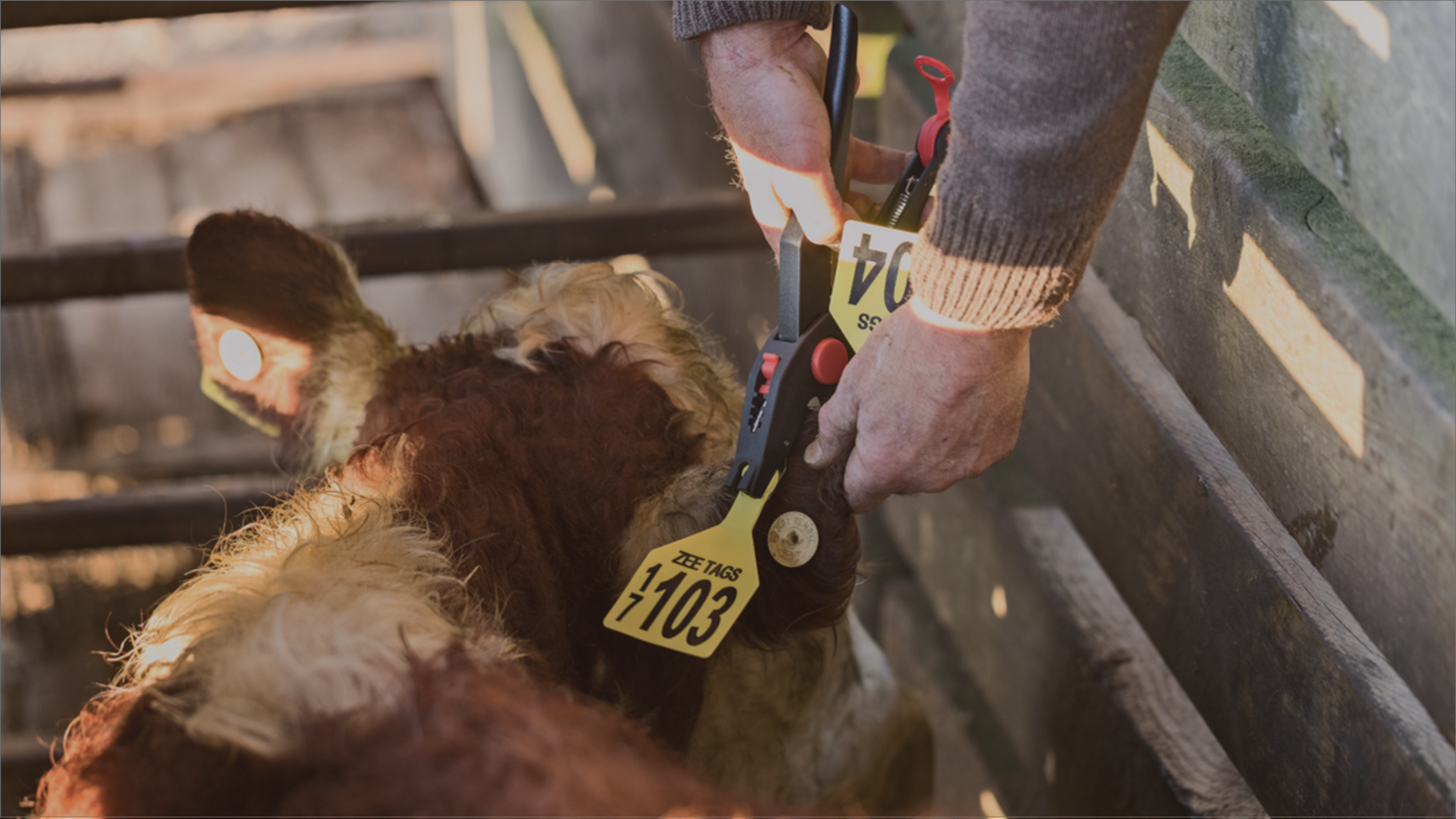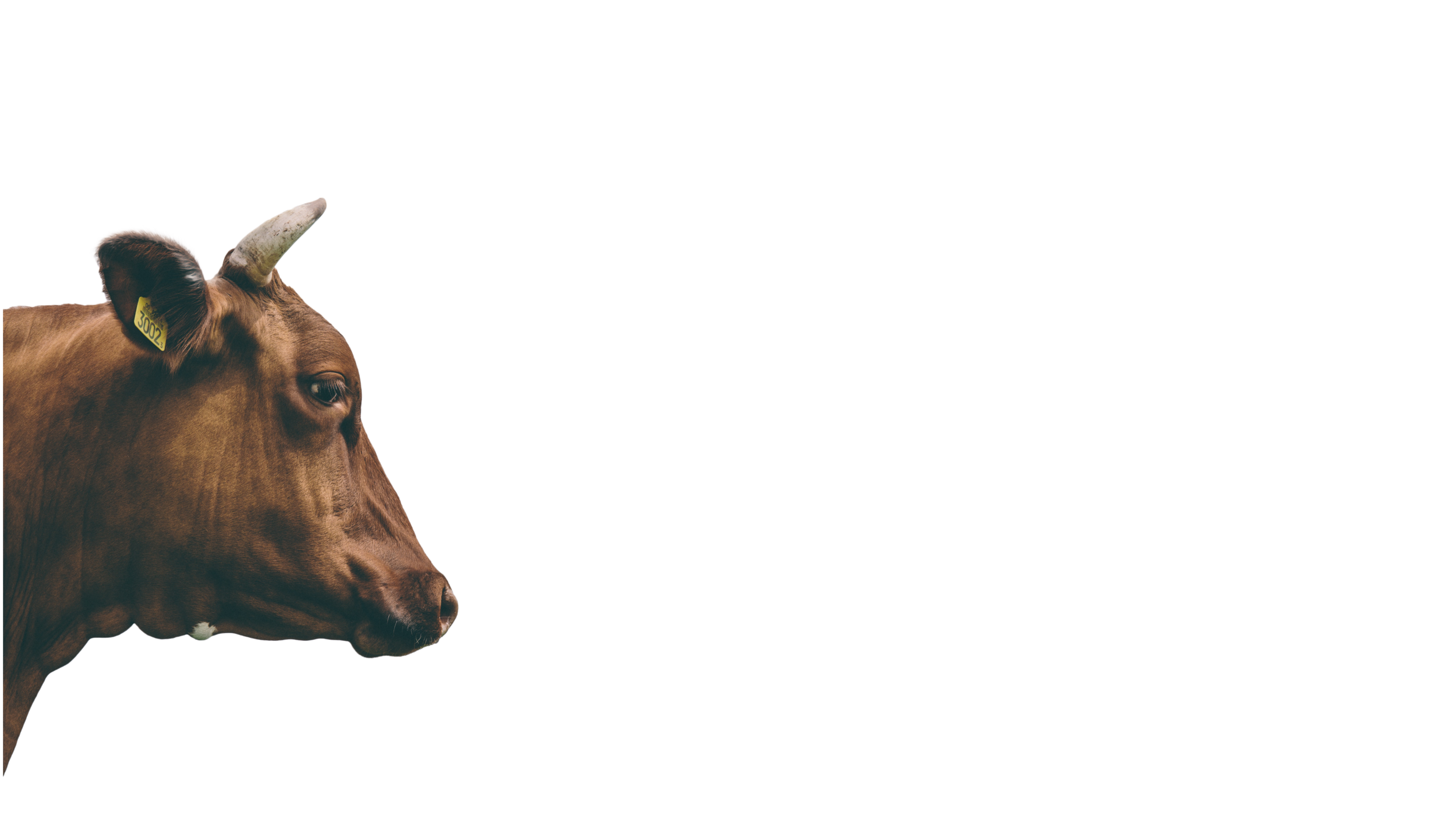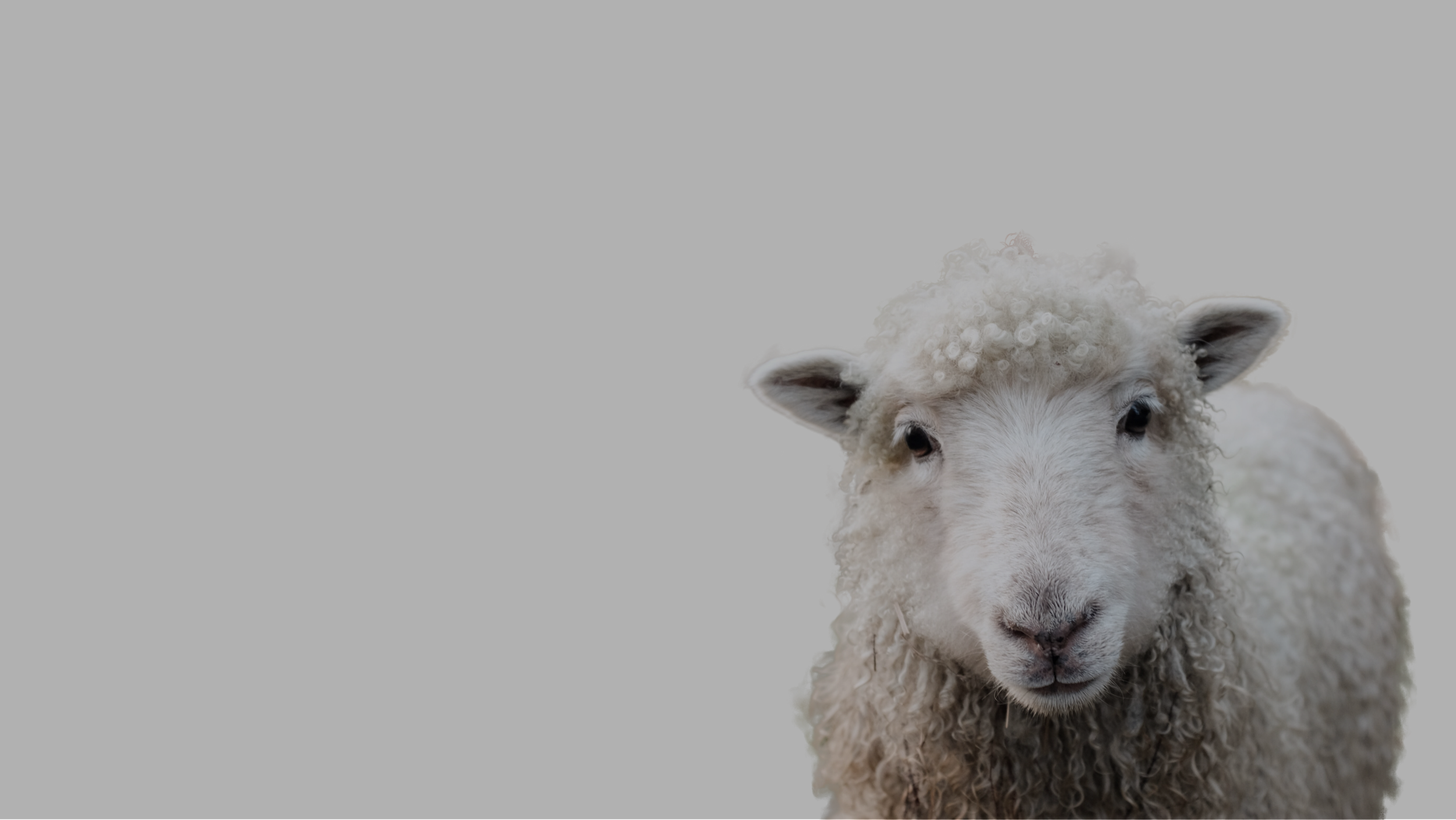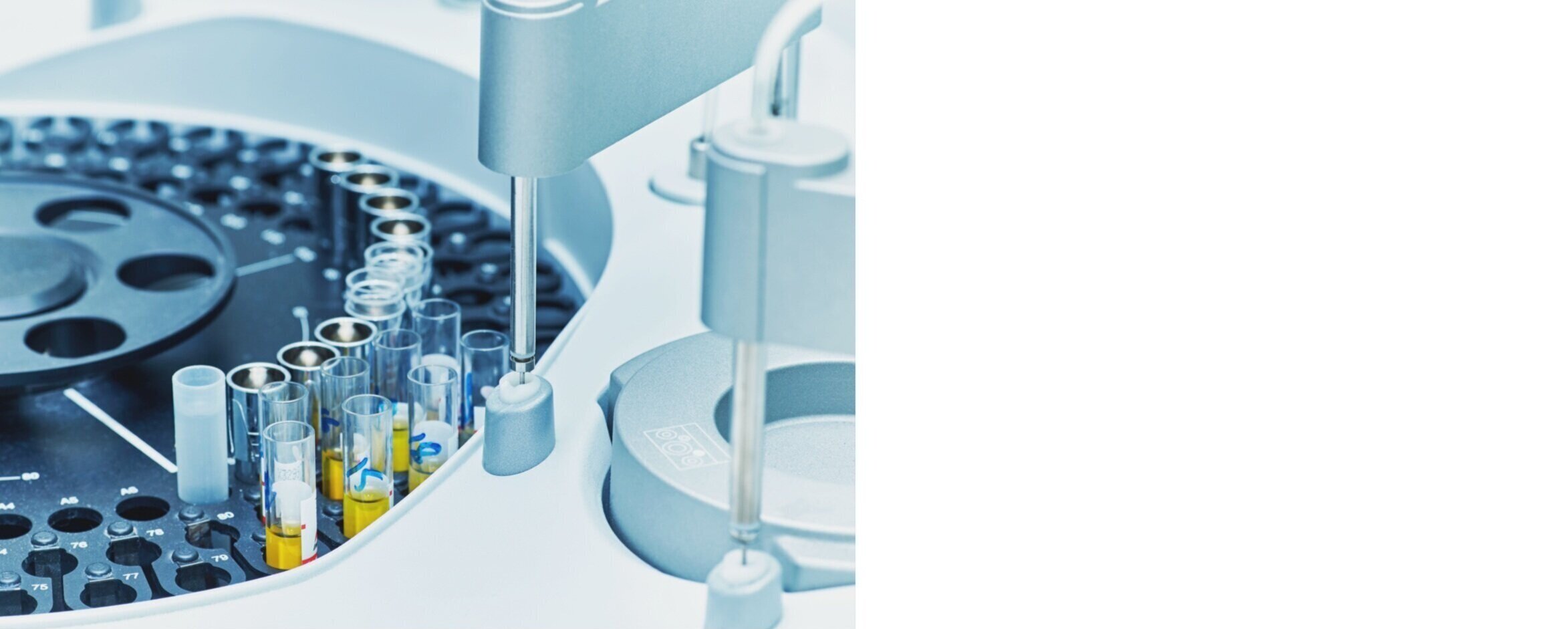
Traceability and Processes
Tracing back to the farm

A Government Mandated Approach
In 2012 New Zealand government introduced a mandatory ‘National Animal Identification and Tracing’ system, referred to as NAIT. This mandatory program means all cattle and deer are individually identified and traced via RFID ear tags throughout their life.
Product made from these animals are then further tracked through government-mandated electronic traceability systems, which combined with our internal Quality systems enable full farm-to-bottle traceability.

Animal
Health
&
Welfare
Animal welfare is paramount in New Zealand. From farm to processing, the welfare of each animal is monitored strictly by our Government’s Ministry for Primary Industries (MPI), and/or other relevant authorities.
More information can be found on MPI’s website here.

Commitment to Quality
It’s important to us that we ensure we keep our promises and commitments to our customers and partners — and our quality procedures help us achieve this.
We are ISO9001:2015 certified and independently audited against this and MPI standards to enable us to operate our premises and export to our customers.
These standards are based on HACCP principles and with audits and site visits conducted by authorised staff from the Ministry for Primary Industries.







